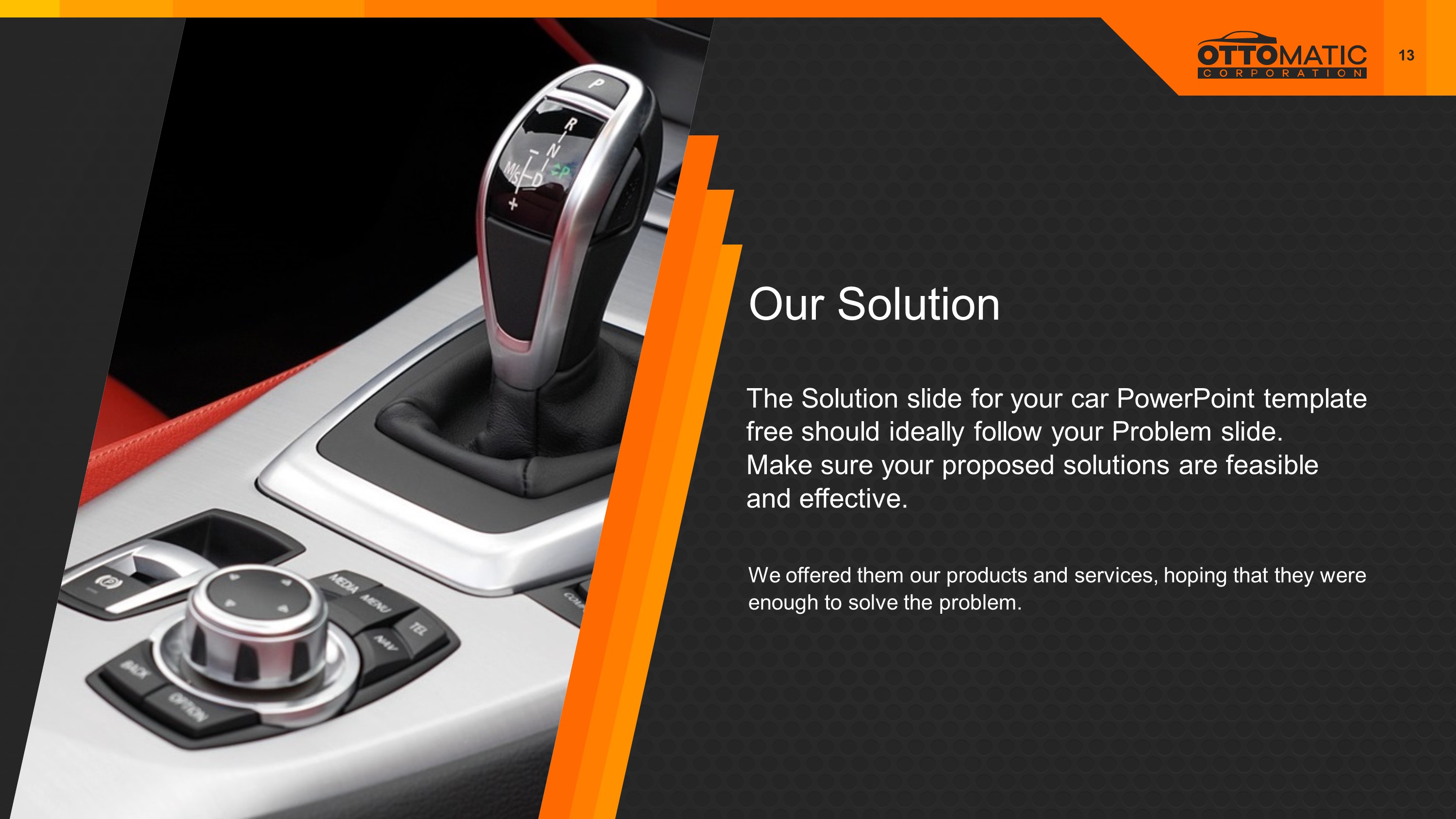China's Automotive Landscape: Challenges For Premium Brands Like BMW And Porsche

Table of Contents
Intense Competition from Domestic Brands
The rise of powerful domestic Chinese automakers is a significant challenge for established premium brands. Companies like BYD, NIO, and Xpeng are rapidly gaining market share, leveraging competitive pricing, advanced technology, and a deep understanding of Chinese consumer preferences. This intense competition is forcing premium brands to re-evaluate their strategies.
- Increasing market share of domestic brands: Chinese automakers are aggressively expanding their presence, both domestically and internationally, eating into the market share traditionally held by foreign brands.
- Superior understanding of Chinese consumer preferences: Domestic brands possess an inherent advantage in understanding local tastes, cultural nuances, and evolving consumer demands.
- Aggressive pricing strategies impacting premium brand sales: The competitive pricing of domestic brands, often offering comparable features at lower price points, directly impacts the sales of premium vehicles.
- Focus on electric vehicles and technological innovation: Chinese automakers are leading the charge in electric vehicle (EV) technology and innovation, putting pressure on established brands to keep pace.
Shifting Consumer Preferences in China
The Chinese automotive market is dynamic, with consumer preferences evolving at a rapid pace. This shift presents a significant challenge for premium brands accustomed to more traditional market dynamics.
- Growing demand for EVs and hybrid vehicles: Chinese consumers increasingly favor environmentally friendly vehicles, leading to a surge in demand for EVs and hybrids. This necessitates significant investments in electric vehicle technology and infrastructure by premium brands.
- Importance of digital connectivity and in-car entertainment: Connectivity and advanced infotainment systems are crucial selling points for Chinese car buyers, demanding sophisticated technology integration.
- Focus on brand image and social status: While brand prestige remains important, Chinese consumers are increasingly discerning and demand more than just a logo; they seek vehicles that reflect their individual style and social status.
- Preference for technologically advanced features: Features like advanced driver-assistance systems (ADAS), autonomous driving capabilities, and other cutting-edge technologies are highly sought after by Chinese consumers.
Navigating Regulatory Hurdles and Infrastructure
The Chinese automotive market is heavily regulated, presenting significant hurdles for premium brands. Navigating these regulations, coupled with the need to support the growing EV market, demands significant resources and expertise.
- Stringent emission standards and regulations: China has implemented increasingly stringent emission standards, requiring substantial investment in research and development to meet compliance requirements.
- Complex import and export procedures: The import and export processes can be complex and time-consuming, adding to the overall cost and operational challenges for premium brands.
- Development of charging infrastructure for electric vehicles: The expansion of charging infrastructure is crucial for the success of EVs. The uneven development of this infrastructure presents challenges for both manufacturers and consumers.
- Government policies and incentives influencing the market: Government policies and incentives play a significant role in shaping the automotive market, requiring brands to adapt to changing regulations and subsidies.
Building Brand Loyalty and Localizing Strategies
To succeed in China, premium brands must adapt their marketing and product strategies to resonate with local consumers. Building strong brand loyalty and establishing effective local partnerships is paramount.
- Importance of localized marketing campaigns: Marketing campaigns must be tailored to the specific preferences and cultural nuances of the Chinese market to effectively reach target audiences.
- Tailoring vehicles to specific Chinese consumer needs: Understanding and catering to specific consumer needs and preferences, such as vehicle size, features, and design elements, is essential for success.
- Strategic partnerships with local businesses: Collaborating with local businesses can provide valuable insights, enhance brand recognition, and streamline operations within the Chinese market.
- Leveraging social media and digital marketing: Utilizing social media platforms and digital marketing strategies are essential for reaching the tech-savvy Chinese consumer base effectively.
Conclusion: Overcoming Challenges in China's Automotive Market
The Chinese automotive market presents significant challenges for premium brands like BMW and Porsche. Intense competition from domestic brands, evolving consumer preferences, regulatory hurdles, and the need for effective localization strategies all demand careful consideration and strategic adaptation. Embracing electric vehicle technology, understanding cultural nuances, and navigating the complex regulatory landscape are crucial for success in this dynamic market. To learn more about the strategies premium brands are employing to succeed, further research into the China automotive market and the challenges for premium car brands in China, specifically focusing on BMW and Porsche in China's evolving automotive landscape, is recommended.

Featured Posts
-
 Navigating The Chinese Market The Struggles Of Bmw Porsche And Competitors
Apr 26, 2025
Navigating The Chinese Market The Struggles Of Bmw Porsche And Competitors
Apr 26, 2025 -
 The Long Shot Ahmed Hassaneins Bid For An Nfl Draft Spot
Apr 26, 2025
The Long Shot Ahmed Hassaneins Bid For An Nfl Draft Spot
Apr 26, 2025 -
 7 New Orlando Restaurants To Explore Beyond The Theme Parks 2025
Apr 26, 2025
7 New Orlando Restaurants To Explore Beyond The Theme Parks 2025
Apr 26, 2025 -
 Guilty Plea In Covid 19 Test Result Falsification Case
Apr 26, 2025
Guilty Plea In Covid 19 Test Result Falsification Case
Apr 26, 2025 -
 Mississippi Deltas Vastness A Cinematographers Vision In Sinners
Apr 26, 2025
Mississippi Deltas Vastness A Cinematographers Vision In Sinners
Apr 26, 2025
